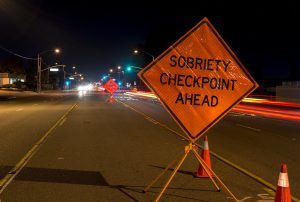One major component of being arrested and convicted for a DUI is the standardized field sobriety test. These tests, also known as FSTs, are designed by law enforcement officials to record your balance, coordination, and eye movement as evidence of your intoxication. After taking a breathalyzer test, an FST is the next step of the DUI process, but because of its weaknesses, it can be challenged in criminal court.
What Are the Weaknesses of a Standardized Field Sobriety Test?
The three standardized FSTs are:
- Horizontal gaze nystagmus (HGN)
- Walk and Turn (WAT)
- One-Leg Stand (OLS)
Under California DUI law, a driver is not required to perform an FST. During a DUI stop, it might seem like you are unable to refuse the officer. It is important for drivers to understand the details of each FST because a police officer could perform the procedure incorrectly. If you are able to prove that any of these tests was wrongly performed, the results of the test can be challenged as unreliable.
- There were poor environmental conditions during the testing. Poor conditions can include slippery or uneven surfaces, poor lighting, and loud surrounding sounds. These conditions will drastically affect a driver’s ability to perform an FST, sober or not.
- The physical conditions of the driver can skew the FST results. Certain medical conditions and injuries can affect how a driver is able to perform an FST. If the police officer does not take into account any physical issues that a driver has (head injury or medical illness, ear infection) before performing the FST, you can possibly challenge the results.
If you have been charged for a DUI in California, then you will need an experienced criminal defense lawyer by your side. Thomas Cvietkovich has experience with DUI cases and even has a POST certification in field sobriety testing where he participated in law enforcement training in how to conduct FSTs. Contact the Law Offices of Thomas Nicholas Cvietkovich today if you would like a free consultation.


